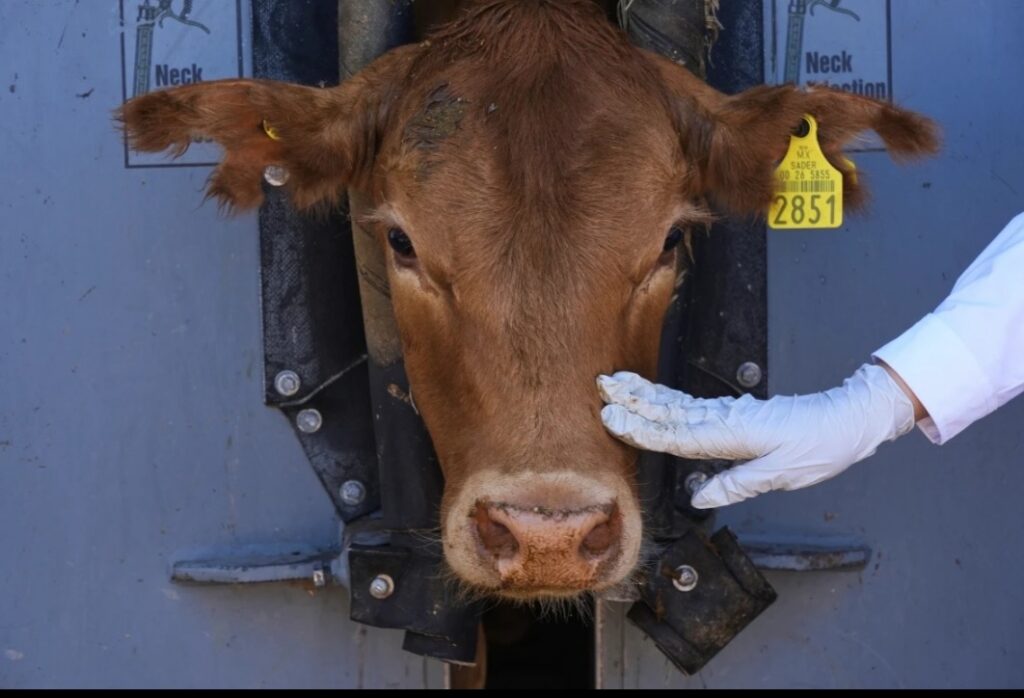
Mexican ranchers are facing a major crisis as a flesh-eating parasite, the New World screwworm, disrupts cattle exports to the U.S., a trade worth over $1.2 billion annually.
The U.S. has suspended live cattle imports from parts of Mexico including Sonora after detecting outbreaks of the parasite, which invades wounds and kills livestock. This is the third suspension in eight months, cutting exports to less than half their usual volume.
“We’re selling at a loss just to stay afloat,” said Sonora rancher Martín Ibarra Vargas.
With exports halted, ranchers are turning to lower-margin alternatives like sheep, bees, and dairy, but many say it’s not sustainable especially amid ongoing drought and generational decline in ranching.
Government Response
The U.S. and Mexico are deploying sterile flies to disrupt the parasite’s reproduction cycle. A new $51 million sterile-fly production facility is under construction in Chiapas, set to open in 2026, while the USDA plans a similar lab in Texas.
So far, over 2,200 screwworm cases have been reported across Mexico.
Broader Impact
The crisis is also pushing U.S. beef prices higher, as supply tightens. Experts warn that if the parasite spreads into U.S. territory, economic losses could reach the billions.
Ranchers are urging authorities to lift blanket bans and instead allow exports from screwworm-free states.
“This is about more than cattle,” said Ibarra. “It’s about saving our way of life.”
